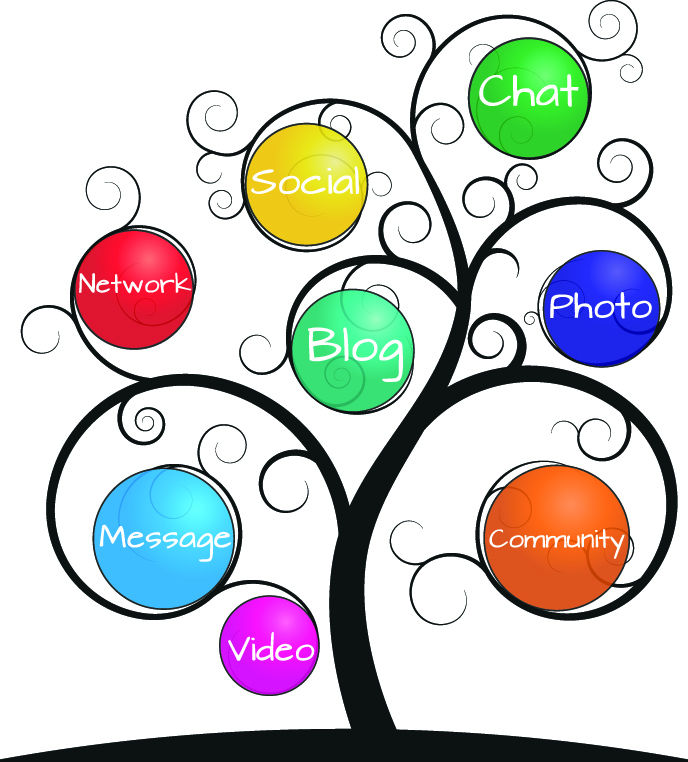Scotland votes on independence from the UK on 18 September. In this guest blog Professor Jolyon Mitchell, Academic Director of the Institute for Advanced Studies in Humanities (IASH) at the University of Edinburgh, discusses the culture and rhetoric of fear surrounding the imminent referendum. Across disciplines, how can the humanities help us to understand the national, domestic and cultural fears that a ‘yes’ or ‘no’ vote may entail?
The Language of Fear
Listening to the Scottish referendum debate, it is hard to escape the language of fear. News headlines have been permeated with the ‘F’ word. Newspapers, internet sites and news reports have regularly highlighted a wide range of fears.
Here are a few examples from hundreds of headlines: Pound Falls on Fears of Scottish Independence (BBC News and Sky News); Fear in the City as Scottish Referendum Looms (Yahoo News); Experts fear independent Scotland would lose billions of pounds of UK funding (The Guardian); Academics fear a university brain drain of country’s best scientists (The Independent); Livestock farmers fear ‘unknowns’ of independent Scotland (Farmers Weekly); Even Billy Connolly was quoted in the Daily Mail as breaking his ‘silence to voice fears on Scottish Independence’.
These headlines reflect a range of anxieties, which both sides in the debate have attempted to critique and to capitalise upon. For example, some of those who advocate Scottish independence call the Better Together campaign ‘Project Fear’. Some have developed a practice entitled ‘fear watch’, claiming that those who promote ‘No’ have been involved in ‘unremitting scaremongering’.
Others have created horror style posters playfully reflecting on the claim that, ‘you’re all doomed’. In one, a woman screams in terror with the word ‘Boo’ inscribed in large letters across her image. At the bottom: ‘That was a referendum announcement on behalf of the Better Together campaign.’
Another features a Dracula type face with threats slashed down the middle of the poster such as: ‘We won’t let you use the pound’, ‘We’ll put up borders and guards’. These are attempts to alleviate fears, but alleviating one person’s fears can have the effect of triggering another person’s worst nightmare.
Fear and the Humanities
Fear is one of many emotions that will be explored in the Being Human festival in November later this year. In Edinburgh there will be several events linked with this first national festival of the humanities. One will include screenings of two award-winning films, which explore coping with terminal illness and the fear of dying. A second roundtable discussion relates to Being Human and will include Joanne Bourke, whose book, Fear: A Cultural History, argues that there are gendered differences in how fear is experienced and expressed.
These kinds of observations provided the backdrop for a recent discussion entitled, Fear and the Scottish Referendum, at the Institute of Advanced Studies in the Humanities (IASH) at the University of Edinburgh. Drawing on their own research, a panel made up of three professors, sparked off a lively discussion on different aspects of the cultures of fear.
Lesley McAra, Professor of Penology, considered the vulnerable side of national and personal identities, while describing how ‘moral panics’ can rapidly develop, suggesting that these have escalated in Scotland over the last few months. Olga Taxidou, Professor of Drama, highlighted how Greek philosophers and dramatists reflected on creative quarrels and spectacles of fear. My own contribution analysed other settings where fear has been used to promote violence, as well as the lively current mediascape in what is currently described as the UK.
I argued that many of the debates are dominated by consequentialist reasoning, in other words, what will the consequences of a ‘yes’ or ‘no’ vote be to the NHS, the education system and ‘my’ mortgage, rather than considering the question: ‘What kind of people do we want to be?’ These short presentations led to a lively and wide-ranging discussion.
Being Human in Scotland
Our discussion of fear itself provoked wider questions about human flourishing and the nature of being human in Scotland today. In the referendum debate, both sides have articulated deeply held fears.
For those who promote a ‘Yes’ vote, one anxiety is that this is the chance of a lifetime not to be wasted. Sovereignty and a far better future for Scotland are to be found in an independent Scotland. The fear here is that if ‘No’ triumphs, then Westminster will continue largely to ignore the voting patterns in Scotland and overlook the needs of the Scottish people.
By contrast, for those saying, ‘no thanks’, the worry is that this is an act of ‘self-mutilation’ which will catastrophically damage the life chances within, and the economy of Scotland, as well as having negative effects throughout the UK.
At a public level, both sides have expressed fears about the consequences of the vote; in the business world, there are widespread fears about economic instability, and capital flight. And at a private level, many people have fears about how the after life of the debate might affect interpersonal and family relations.
Fears condition much of the debate, and yet evaluating what is valid and what is groundless fear is rarely talked about directly. Fears may be irrational, or primitive, but they are powerful forces that should be better understood and cannot simply be dismissed. Research in the humanities can play a pivotal role here. It is clear that whatever the result of the Scottish Independence debate considerable work lies ahead to enable the diverse visions for human and national flourishing in Scotland to co-exist.
The University of Edinburgh is one of several Scottish Universities participating in the Being Human festival of the humanities. For updates on the festival follow us on Twitter @BeingHumanFest, on Facebook, and on Pinterest. Don’t forget to sign up to our e-newsletter too.


